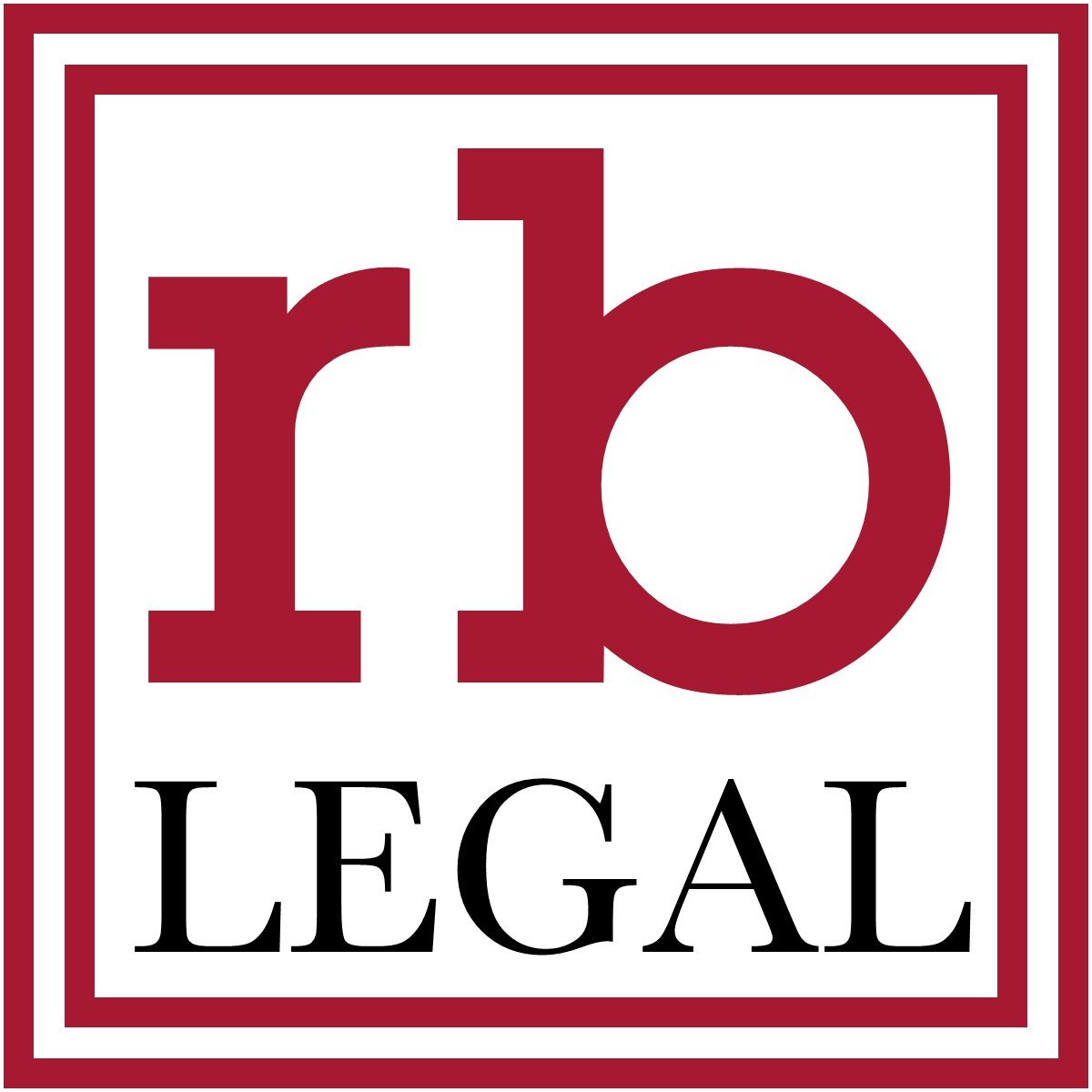In general, the estate executor is responsible for the administration of another person’s estate. For instance, an elderly parent may name their oldest adult child as their executor. The parent has created a will and an estate plan, so there are instructions for their beneficiaries. But it is the executor’s job to make sure that all those instructions are followed and that things go according to plan.
This means that an executor is going to have slightly different duties from one case to the next. But below are some areas that they will likely have to address.
Passing out copies of the will
In the modern era, families do not get together for a will reading. This was common when literacy rates were lower, but it usually doesn’t take place today. Instead, the executor will distribute multiple copies of the printed will to the people who are named in that document.
Inventory the assets
Next, the will is going to specify which assets are supposed to go to which individuals. But the executor needs to make an inventory of those assets to ensure that they are still within the estate. If the estate plan is outdated, things may have changed over the years.
Distributing the assets
Finally, the executor needs to distribute assets to the people who are named in the will. First, they may have to settle debts and other obligations. But they can then take money from financial accounts, distribute tangible assets and much more.
Have you been named as the estate executor? It’s an important job and a complex situation, so make sure you know what legal steps to take.



